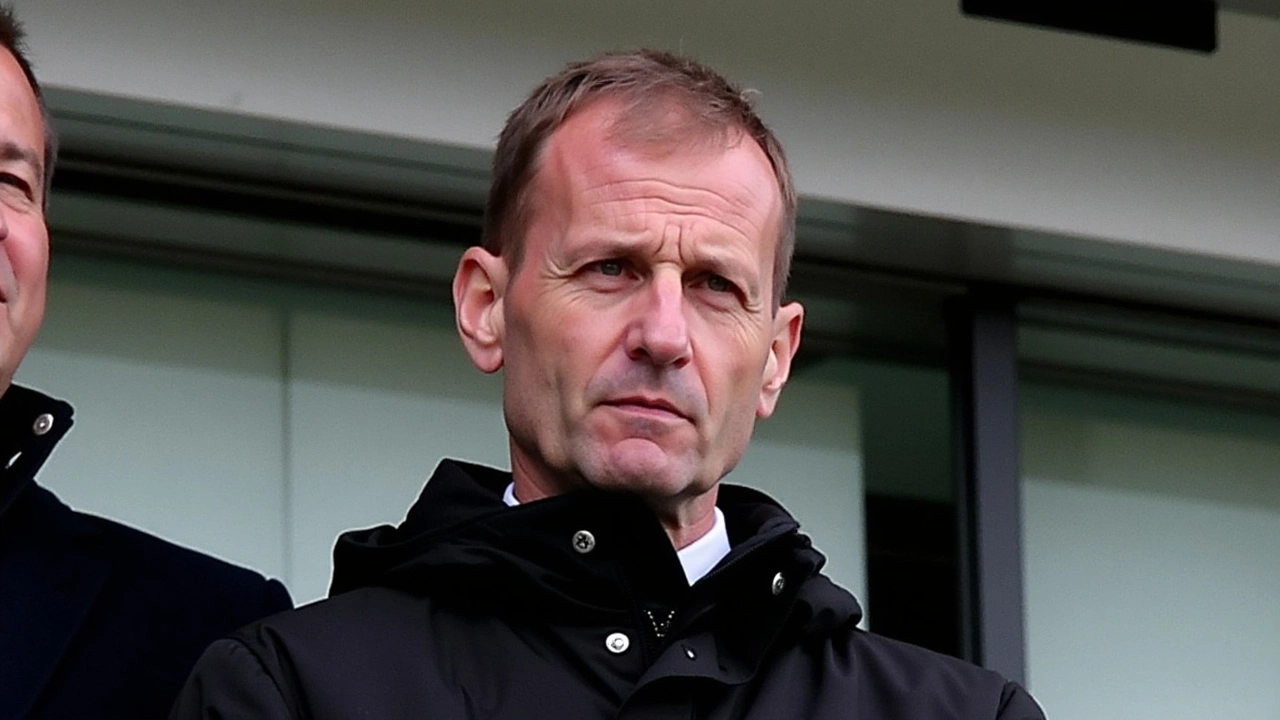Sporting Director: How They Shape Winning Teams
A sporting director decides what a club looks like long term. They hire scouts, back coaches, set transfer targets and manage budgets so the coach can focus on the pitch. Good sporting directors spot talent early, negotiate smart deals and build a squad that fits a clear style. Bad ones leave a messy roster and wasted money.
Think about recent moves like Leny Yoro's record switch to Manchester United or Peterborough’s defensive signings of Tayo Edun and Sam Hughes. A sporting director will often drive those moves: identifying a need, approving targets, and coordinating between scouts, agents and the board. That mix of scouting and negotiation explains why clubs with stable sporting directors often outperform chaotic rivals.
What a Sporting Director Actually Does
First, they create a recruitment plan aligned with the coach’s style and the club’s budget. That means choosing positions to fill, acceptable age ranges, and transfer fee ceilings. Second, they run the scouting network. Scouts send reports, the director ranks targets, and they decide who gets a trial or a formal offer. Third, they handle contracts and renewals to avoid losing players for free.
They also manage youth development. A strong academy pathway turns young prospects into first-team players, saving money and building club identity. Sporting directors set coaching curricula, decide which prospects to loan out, and track progress. Clubs that balance youth and experienced pros get better long-term value.
How to Spot a Good Sporting Director
Look for clear squad planning, regular smart signings and minimal panic buys. If a club consistently replaces departing players with similar or better options, the director is doing their job. Also check the club’s academy output and resale profits. A transparent recruitment policy and calm communication during transfer windows matter too.
Practical tips if you work with one: be specific about squad needs, demand data-backed scouting reports, and insist on contract clauses that protect the club. For fans, watch transfer windows for pattern signs: are signings consistent with a tactical identity, or are they random? Random buys usually point to weak recruitment leadership.
Sporting directors aren’t the only answer, but they are central to modern sports. From top clubs handling big-money moves to smaller teams using smart loans and youth promotions, their decisions shape results on the field. Follow the transfers, academy news and contract renewals—those stories tell you how well a sporting director is doing.
A few recent examples show the difference a sporting director makes. When clubs plan around a clear style they avoid scattershot signings and get faster results. For instance, clubs that invested in youth and smart loans have turned academy players into starters while selling them for profit. On the flip side, clubs that changed directors every season often end up with bloated squads and mixed tactical profiles. Boards should hire directors with proven scouting networks, budget discipline and the ability to work with the head coach. Fans should judge success by long-term trends: fewer panic transfers, steady youth promotions and clear tactical consistency. If you follow stories about transfer fees, contract lengths and loan strategies you’ll spot whether a club has a plan. That’s where the sporting director earns their keep.
Want quick takeaways? Look for coordinated signings, visible academy graduates and clear communication from the club. Those signs mean a sporting director is planning, not just reacting to short-term pressure anymore today.

Dan Ashworth's Abrupt Exit as Manchester United's Sporting Director: What Went Wrong?
Keabetswe Monyake Dec 8 15In a surprising turn of events, Dan Ashworth has stepped down as Manchester United's sporting director, just five months into his tenure. Joining in July after a costly settlement with Newcastle, Ashworth's quick departure follows the appointment of new head coach Ruben Amorim and a shaky season start for United. His sudden exit raises questions about the club's direction and management dynamics.
More Detail